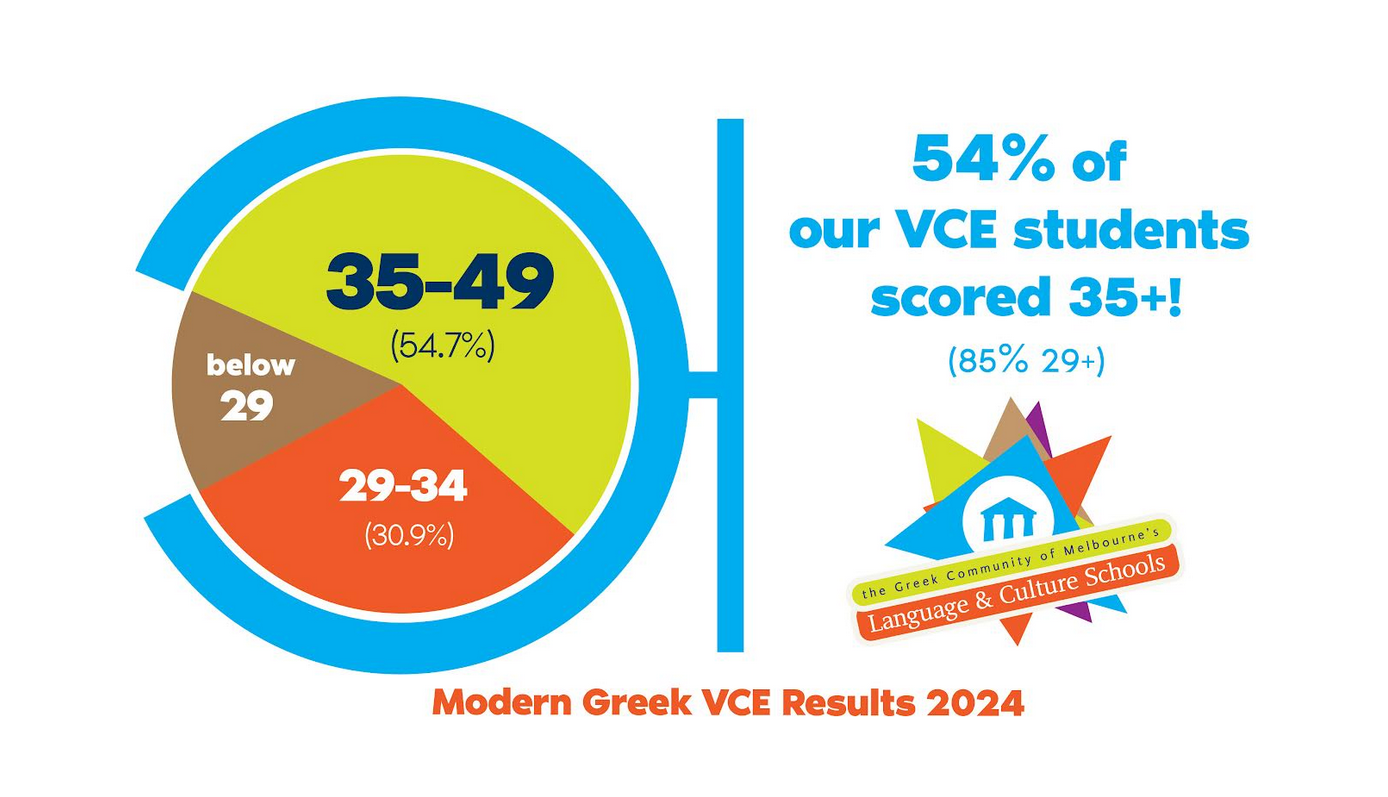A first elaboration of what the Prime Minister announced on Sunday afternoon was made by the Minister of State Akis Skertos, in an interview with Antenna. And, starting from the part of the announcements concerning the transactions of citizens with banks, he first recalled that until two years ago the banks were loss-making, in addition to the fact that the government had already taken the first ten measures in the 2019-2020 biennium. Immediately afterwards he listed the measures announced by the Prime Minister. The aim, he explained, is to increase banking competition in favour of consumers.
In contrast to the problems faced by France and Germany, he observed, “We on solid ground can back the weakest households, the most vulnerable citizens, and provide benefits.
At a later point in the interview, the state minister criticised the opposition for – as he said – either not knowing or pretending not to know when making demands regulated by the euro system (e.g. interest rates), which allowed him to speak of“blank opposition”. He then stressed that in remote areas, where there is only one bank branch or ATM, there will be no charges, and referred to the agreement with banks to allocate 100 million to the “Marietta Giannakou” programme for school renovations.
Besides, until 2019, banks did not grant loans, he recalled, from then on this changed, he added. At the same time, he referred to the role of the Development Bank, which has given loans to some 45,000 SMEs, and the Recovery Fund, which gives very low interest rates, subsidized, with incentives for investment in both SMEs and large enterprises.
In addition, Aki Skertos pointed out, alongside the 5th banking pillar, the possibility that non-financial institutions will now have to give loans, through which it is estimated that competition will intensify, pushing also the systemic banks to lower interest rates. Supervision will be carried out by the Bank of Greece, he explained. Consequently, he concluded, the interventions announced by the government will affect the vast majority of transactions between banks and citizens, whether individuals or businesses.
Changing the subject and referring to pensioner benefits, he stressed that“pension expenditure has increased by almost 30% in recent years, 2025 will be the third year in which after 10-12 years our pensioners will receive increases.” Still, at this point, Akis Skertsos listed several social benefits that reduce the cost of living for citizens, such as free personal doctor, free preventive examinations for five long-term diseases,and evening surgeries.
As for the military, it is now recognized that they are practicing a dangerous profession, “this government honors the Security Corps and the Armed Forces, he stressed in this regard, referring to the government’s economic staff for the details of the announcements.
In other government policies, the housing allowance for students used to be at 1,000 euros and may now, under certain conditions, reach 2,500 euros. “We are doing our best to support people in need, the point is that our lives are getting a little better, a little easier with each passing day in a stable economy, recognized by the most prestigious international organizations, which have been harshly criticizing us in the past years, he also commented.
On tax policy, 72 taxes and contributions have been reduced since 2019, with the OECD acknowledging that Greece is the country with the largest tax burden reduction. But despite the fewer taxes, tax revenues have increased by 20 billion, he also said, thanks to the growing pie and the fight against tax evasion. While on VAT, the Minister of State again cited the example of other countries, such as Spain, which, although they reduced this tax, the reduction did not reach the consumer’s pocket, but was lost in the business chain.
In conclusion, “the Prime Minister has said that as long as the tax base is broadened, the underground economy is reduced and revenues increase, we will see again the relief of the middle class, vulnerable pensioners with more reasonable tax rates,” the State Minister said.
Finally, regarding the use of alcohol by minors in bars, Skertos assured that the protection of children is a “top priority” for the government, noting some of the measures that will be taken: the police will become the controlling body from now on, in addition, the penalties will be more severe and will reach up to the withdrawal of the establishment’s license in cases of recidivism.
The penalties will be increased up to the level of extending to more severe penalties, even if the offence is cancelled.
They will be subjected to even more severe penalties, up to the level of extradition, to the level of penalties for offences that will be increased to the level of extradition.
Ask me anything
Explore related questions





